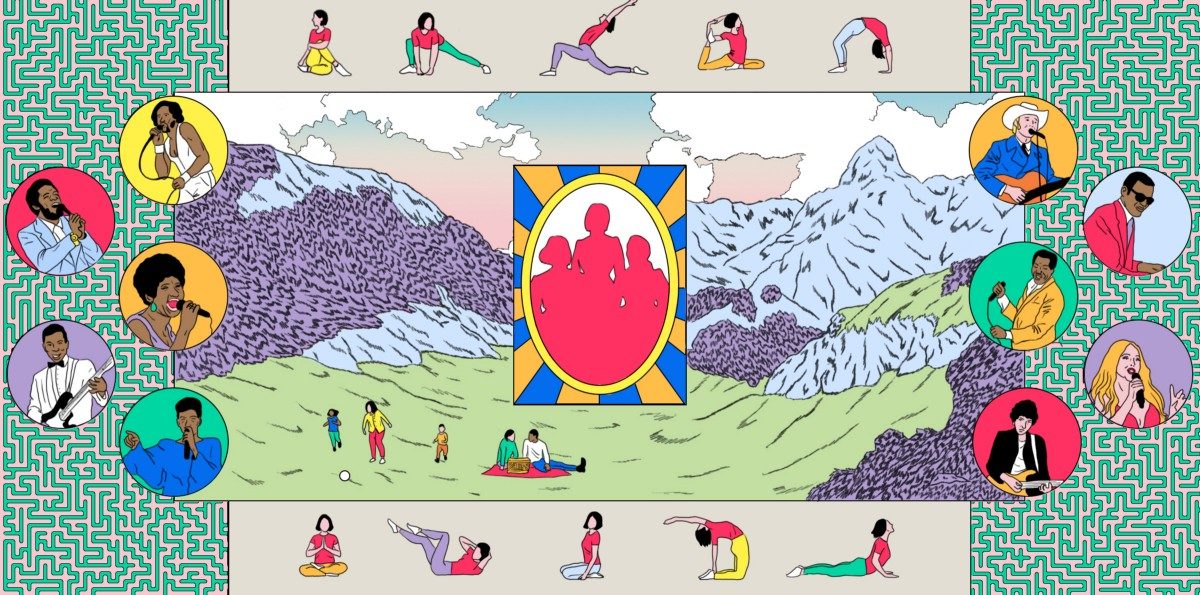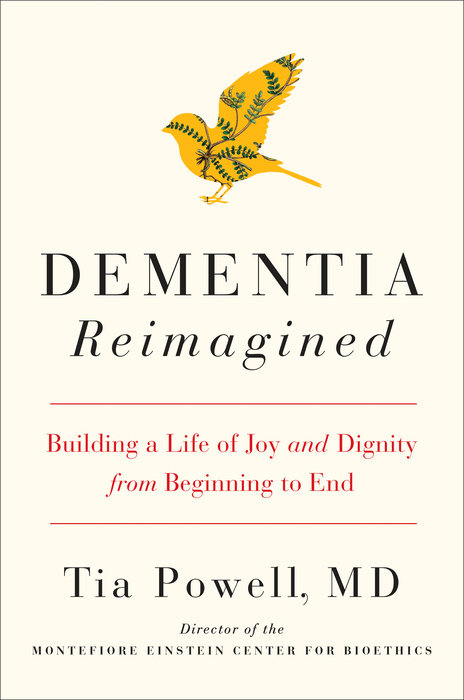
WSJ – New Hopes for Dementia Care
April 11, 2019
Though much is taken, much abides: A good life within dementia
January 17, 2020Somewhere between a third and a half of Americans will have dementia by the time they reach 85. I assume I’m in the batch that gets it; my mother and grandmother both suffered from the disease. I don’t like it, but I’m determined to find joy no matter the course it takes.
Dementia’s onset is slow; the day of diagnosis is not the day of oblivion. You can choose to see that gradual loss as a glass half empty or half full. The half-empty version is easier to see. Many people view dementia patients as bed-bound, incontinent, drooling. But those extreme limitations come at the end of the disease, not the beginning. Most people with dementia are walking about, joining the family at birthdays and summer picnics. Mild to moderate dementia lasts for years — so it was for my mother and grandmother. During that phase, a person enjoys many of the things she always enjoyed, like the company of family and friends.
Adapting an adage borrowed from hospice, how can we make every remaining day a good day? If there is a way to survive or maybe even thrive with dementia, I’d like to pursue it. And as a psychiatrist and bioethicist — not to mention a caregiver for two family members with dementia — I’ve had a lot of time to think about how to handle it.




